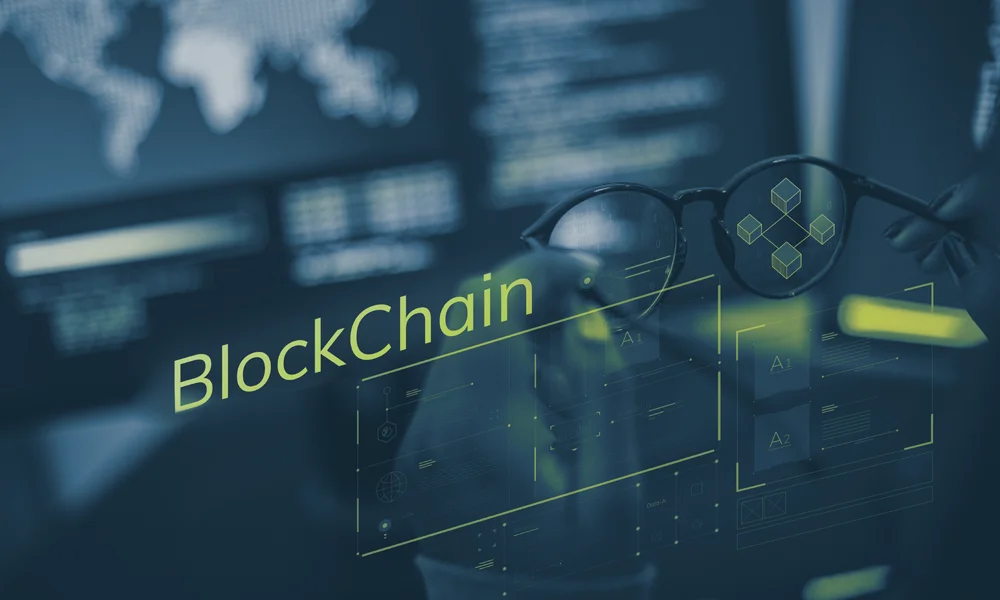The evolution of asset management has reached a pivotal moment as blockchain technology emerges as the ideal solution for modern investment challenges. This technological revolution transforms how assets are managed, traded, and secured in ways that traditional systems could never achieve.
Bulletproof security shield
Nowadays where digital threats constantly evolve, blockchain’s inherent security features provide unprecedented protection for asset management systems. The distributed nature of blockchain creates multiple layers of security that traditional centralised systems cannot match. Key security advantages include:
- Multi-layer cryptographic protection
- Distributed consensus mechanisms
- Immutable transaction records
- Real-time threat detection
Implementing rxs crypto solutions has elevated security standards across the asset management industry. By leveraging advanced cryptographic protocols and distributed consensus mechanisms, these platforms provide institutional-grade protection for digital assets.
Unstoppable 24/7 operations
Traditional asset management systems often operate within limited time windows, creating inefficiencies and missed opportunities. Blockchain technology eliminates these constraints by enabling continuous operation. This always-on capability ensures that investors can respond to real-time market events, regardless of traditional market hours or geographic locations. Operational benefits delivered:
- Continuous trading capabilities
- Real-time settlement processing
- Round-the-clock market access
- Instant transaction verification
Trust through transparency

Blockchain’s immutable ledger system introduces a new level of transparency to asset management. Every transaction, ownership transfer, and price movement is permanently recorded and instantly verifiable. The integration of rxs crypto technology has made it possible to track asset ownership and transaction history with absolute certainty. Transparency features that matter:
- Complete transaction traceability
- Real-time ownership verification
- Auditable transaction history
- Permanent record keeping
Smart contracts: The digital deal makers
Smart contracts represent a revolutionary advancement in asset management automation. These self-executing contracts eliminate human error and reduce the need for intermediaries. Smart contracts significantly improve operational efficiency while reducing costs by automating complex transactions and compliance requirements. Key automation advantages:
- Automated compliance checking
- Self-executing transactions
- Reduced human intervention
- Enhanced accuracy
Lightning-fast settlements
The traditional settlement process for asset transfers often involves multiple intermediaries and time-consuming procedures. Blockchain technology has revolutionised this aspect of asset management by enabling near-instantaneous settlement of transactions. This dramatic reduction in settlement time improves capital efficiency and reduces counterparty risk. Settlement improvements achieved:
- Minutes instead of days
- Reduced counterparty risk
- Lower settlement costs
- Enhanced capital efficiency
Cost-cutting innovation
Implementing blockchain technology in asset management has significantly reduced costs across multiple operational areas. By eliminating unnecessary intermediaries and automating routine processes, blockchain platforms have created a more efficient and cost-effective environment for asset management. Traditional cost centres eliminated:
- Manual processing fees
- Intermediary charges
- Administrative overhead
- Compliance costs
Future-ready scalability
Modern blockchain platforms offer unprecedented scalability and can handle increasing transaction volumes without compromising performance. This scalability ensures asset management systems can grow alongside market demand while maintaining optimal efficiency. Scalability advantages include:
- Flexible capacity expansion
- Performance optimisation
- Adaptive system architecture
- Future-proof infrastructure
The future of asset management points toward blockchain technology as the foundation for next-generation investment platforms. The combination of enhanced security, operational efficiency, and transparent transaction processing creates an ideal environment for modern asset management.



